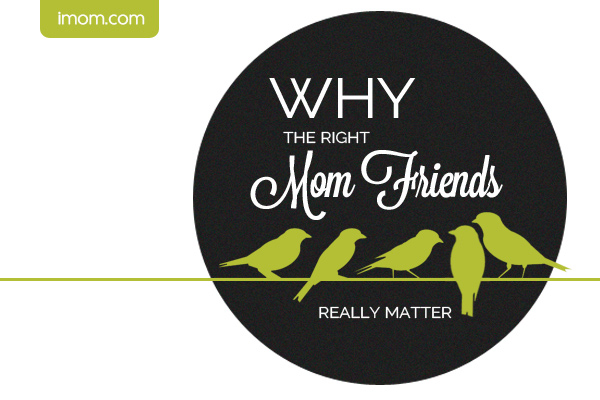As you age, you notice the physical changes. You may begin taking hormone therapy as you enter menopause or you may need to take more medications to control your blood pressure. But there are also emotional changes that go along with aging that many women ignore or brush aside.
In the Complete Guide to Caring for Aging Loved Ones, the authors state that, “As we grown older, our amount of stress often increases while our ability to deal with it decreases.” And how you respond to these stresses will depend on your individual personality, life situation, spiritual health and emotional resources. And as you age, you will begin to face a wide range of stressors: physical limitations or incapacity, dependence on others, physical pain, losses and fear of death.
Losses
One of the greatest challenges facing senior women is loss. According to the authors, these losses can occur through many different circumstances. Examples of common losses include the following: loss of a loved one, loss of intimacy (both physical and emotional), loss of respect, loss of work (work not only provides a financial standard of living but meaning and purpose as well), loss of health or well-being and loss of a future (concerns over dying). You may also begin to fear the loss of yourself: of losing your skills and capabilities, and of who you are as a person. Overwhelming losses not only produce increased stress levels, but may lead to anxiety and depression as well.
Anxiety
Anxiety includes extreme feelings of worry, and may even include physical symptoms such as diarrhea, palpitations, headaches, dizziness, loss of memory, concentration difficulties and irritability. Anxiety may also include panic attacks (hyperventilating and perhaps acting hysterical). According to the authors, “Panic attacks and other forms of anxiety are telling signs that an elderly person’s capacity to handle stress is on overload.” If you are experiencing anxiety, see your physician for treatment. Your doctor may recommend medication, therapy or even simple breathing techniques to help reduce stress.
Depression
Depression includes persistent feelings of sadness, and may also include any of the following symptoms: fatigue, loss of interest in activities, sleep difficulties, weight loss or gain, frequent crying, concentration difficulties, irritability, feelings of hopelessness, or thoughts of death or suicide. As with anxiety, depression needs to be addressed to a physician. Your physician may recommend anti-depressants, counseling or a combination of both.
Coping with Loss
To help ward off anxiety and depression, try to remain as active as possible in your hobbies and interests, spend time with other people of all ages, become active in meaningful activity (religious activities, volunteering), and even engage in exercise (under physician’s recommendations).
Maintaining friendships and creating new ones are essential. The authors state, “Emotions that one feels with friends include fun, fellowship, anticipation, mutual understanding, and human warmth. These are important as people age. Friendships help the elderly maintain these emotions on an ongoing basis.” Many churches and other community organizations have Senior programs, providing activities for seniors or even opportunities for home visits.
You may also find benefit from your faith. One study found that elderly adults who attended religious services reduced their hospital visits by more than half (compared to those who were not religious). Other studies have found links to faith and a decrease in depression, reduced fear of death and the possibility of an increased ability to cope. Generally, a person with faith, “expects that good will ultimately come out of bad situations.”
Even if expressing your emotions is difficult for you, be sure to talk about your concerns with your loved ones. Let them know if you are facing a difficult time so you don’t have to go through it alone. Withdrawing into yourself will only put you more at risk for depression. If you find yourself struggling with loss, make sure you are working through it with someone else. If needed, talk with a professional counselor to help you work through your concerns.
Successful Aging
The authors sum up the emotional health of aging adults best: “Growing old gracefully occurs when one has made peace with her past and present life and has hope for the future. Successful aging is based on the capacity to master life changes and stresses.”
This article was based on information from the Complete Guide to Caring for Aging Loved Ones by Focus on the Family’s Physicians Resource Council. For more information or to order this book, visit Amazon.com.
Medical information within this site is not intended for use in the diagnosis or treatment of any health condition. Please consult a licensed health care professional for the treatment or diagnosis of any medical condition.










